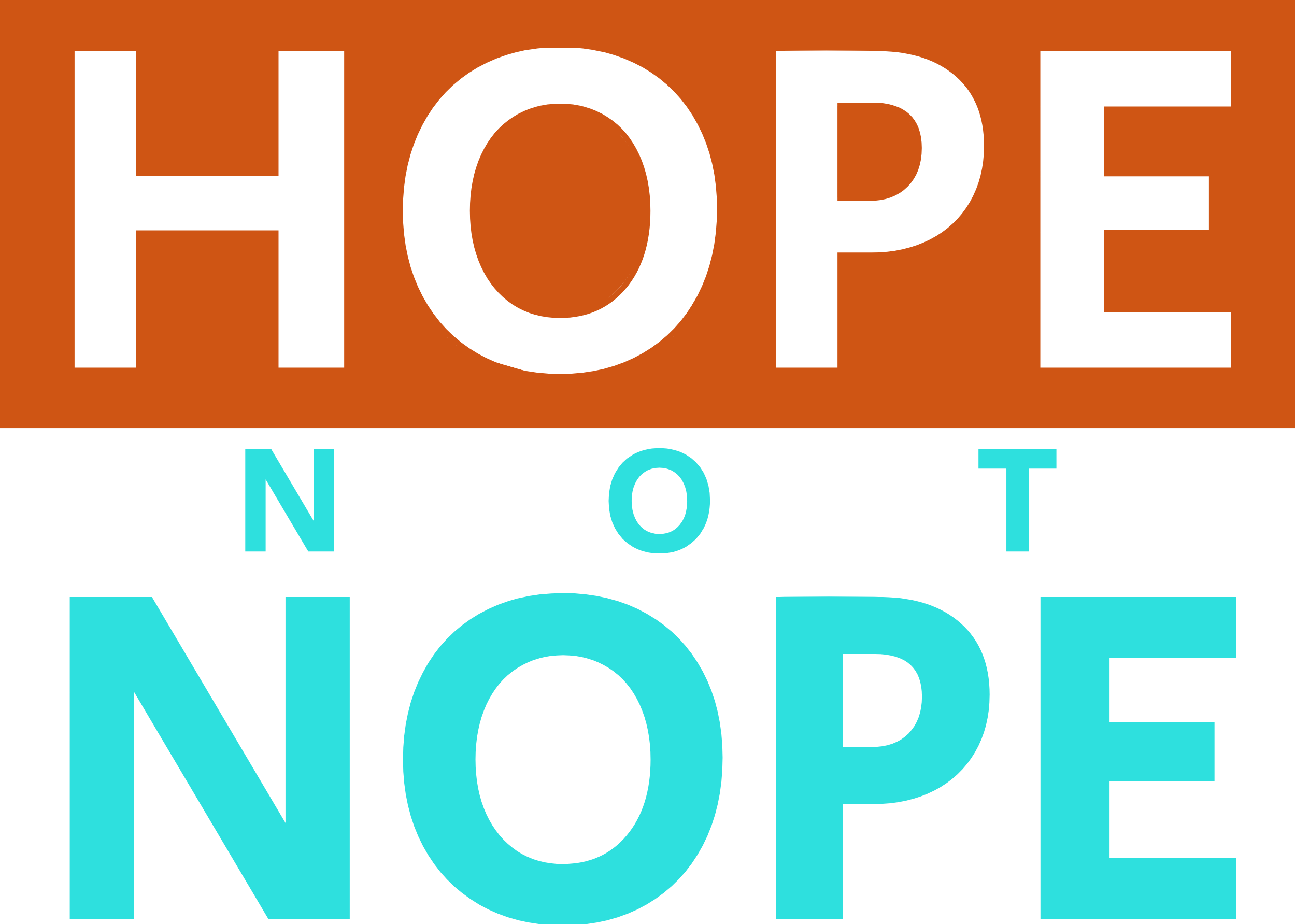8-time Mr. Olympia Body Builder, ‘Yeahhh Buddy….Light Weight” Ronnie Coleman was on to something that sports science is catching up with, the performance enhancer: not using d-balls but something safer and in our opinion better: positive self-talk for athletic performance.
The muscles of the body have the role of being obedient to the commands they receive from the nervous system. When that command is highlighted with enthusiasm, the body performs better:
💪 Positive Self-Talk For Athletic Performance
A systematic review published in the Sports Medicine journal showed people perform 61–65% better on a strength task when using positive self-talk. Other research found that motivational self-talk improved vertical jump performance by almost 1 inch in well-trained Rugby Union players.
Needless to say, Ronnie Coleman was onto something; positive self-talk for athletic performance truly helps, even in well-trained athletes.
There are a few different forms of positive self-talk, including motivational, instructional, and psych-up (similar to motivational).
Motivational talks about why you should keep going,
Instructional gives you the how,
Psyche-Up reinforces your ability to succeed.
Which one should you use?
It seems to be dependent on the athlete and their preferences. Yelling “Light Weight” may work well for one athlete, whereas “You’ve got this” works better for another. Also, it doesn’t need to be yelled out or stated out loud, it can work the same by keeping it to yourself.
😕 Limit Self-Doubt with Positive Self-Talk
While a small amount of self-doubt can keep athletes humble and driven, too much of it can seriously limit performance. Excessive self-doubt lowers confidence, clouds decision-making, and fuels fear of failure.
“The right dosage of self-doubt will keep you humble and hungry to do better. Forgetting to supplement with self-doubt will lead to arrogance and absolutism. Taking too much will lead to self-pity and destruction.” p. 112 Hope Not Nope
This is where positive self-talk becomes a powerful tool. It helps counterbalance overwhelming self-doubt, allowing athletes to re-center, reinforce their strengths, and perform with greater confidence and clarity.
✅Helpful Tips:
When facing a new challenge, remind yourself that you have faced challenges and gotten through them before and that you will again. This will allow the brain to refocus on your resiliency by using previous experiences.
1️⃣ When facing a new challenge, remind yourself that you have faced challenges and gotten through them before and that you will again. This will allow the brain to refocus on your resiliency by using previous experiences.
2️⃣ If you are going to do a task and the thought creeps up, “I can’t” or “I don’t know if I can do this,” take a quick pause, re-center yourself, use a self-coaching narrative, “You are capable, you can accomplish the task at hand.”
3️⃣ Replace the Nopes your brain has come to believe: From our Free Replace The Nopes Guide:
- “Through a decade of working with the Top 1% of athletes across various sports and settings, we’ve learned one powerful truth: The most transformative thing we can do for an athlete is replace their ‘Nope” with Hope.”
- Action Step 1: This one takes courage…Let’s face those Nopes head-on.
- Reflect and write down:
- What “Nopes” have you faced, and where did they come from?
- What Doubts did those “Nopes” plant into your mind?
- Reflect and write down:
- Action Step 2: Reconciling the Nopes
- Fill in the blanks and then revisit the full sentence: “The Nopes I’ve faced do not define me. They were delivered from…” Access the FULL FREE Replace The Nopes Guide [Here].
- Action Step 1: This one takes courage…Let’s face those Nopes head-on.
Author:
Dr. Dillon Caswell, PT, DPT, SCS
Hope Evangelist | Top-Selling Author & Speaker | Human Performance Expert
